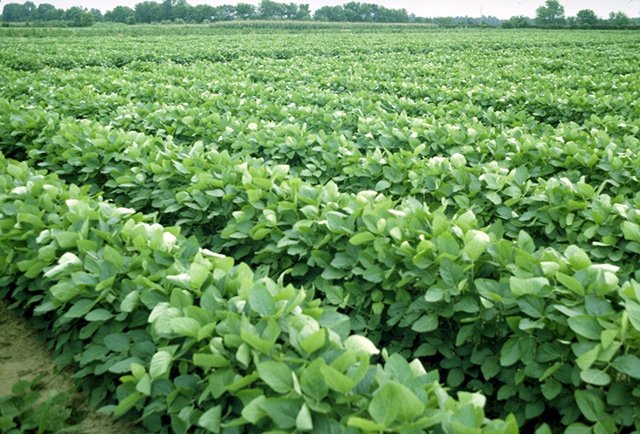Biotech crop hectares grew 100-fold globally: ISAAA
February 21, 2013 | Thursday | Reports/white papers | By BioSpectrum Bureau
Biotech crop hectares grew 100-fold globally: ISAAA
Fast adoption of biotech crops globally
The report 'Global Status of Commercialized Biotech/GM Crops' released by Clive James, founder and chair of ISAAA on February 20, 2013 at Manilla, Philipines, revelaed an unprecedented 100-fold increase in biotech crop hectarage from 1.7 million hectares in 1996 to 170 million hectares in 2012. That too at an annual growth rate of 6%, up 10.3 million from 160 million hectares in 2011, as per report made biotech crops, the fastest adopted crop technology in recent history.
On India, the report stated that the country grew a record 10.8 million hectares of Bt cotton with an adoption rate of 93%, whilst 7.2 million small resource-poor farmers in China grew 4.0 million hectares of Bt cotton with an adoption rate of 80%, cultivating on average 0.5 hectare per farmer. India enhanced farm income from Bt cotton by US$12.6 billion in the period 2002 to 2011 and US$3.2 billion in 2011 alone.
"In the period 1996 to 2012, millions of farmers in ~30 countries worldwide, made more than 100 million independent decisions to plant an accumulated hectarage of more than 1.5 billion hectares - 50% more than the land mass of the US or China; this demonstrates the trust and confidence of millions of risk-averse farmers in biotech crops which deliver sustainable and substantial, socioeconomic and environmental benefits.", said the report.
The report put the global value of biotech seed alone at US$15 billion in 2012. It cited that lack of appropriate, science-based and cost/time-effective regulatory systems as major constraint to adoption. Therefore, it recommended responsible, rigorous but not onerous, regulation for small and poor developing countries.
According to the report, two new countries, Sudan (Bt cotton) and Cuba (Bt maize) planted for the first time in 2012. Germany and Sweden could not plant the potato "Amflora" because it ceased to be marketed; Poland discontinued planting Bt maize because of regulation constraints. Of the 28 countries which planted biotech crops in 2012, 20 were developing and 8 were industrial countries; this compares with 19 developing and 10 industrial in 2011.
In 2012, a record 17.3 million farmers, up 0.6 million from 2011, grew biotech crops - remarkably over 90%, or over 15 million, were small resource-poor farmers in developing countries. Farmers are the masters of risk aversion and in 2012, a record 7.2 million small farmers in China and another 7.2 million in India, elected to plant almost 15 million hectares of Bt cotton, because of the significant benefits it offers.
For the first time, developing countries grew more, 52%, of global biotech crops in 2012 than industrial countries at 48%. In 2012, growth rate for biotech crops was at least three times as fast, and five times as large in developing countries, at 11% or 8.7 million hectares, versus 3% or 1.6 million hectares in industrial countries.
Stacked traits are an important feature - 13 countries planted biotech crops with two or more traits in 2012, and encouragingly, 10 of the 13 were developing countries - 43.7 million hectares, or more than a quarter, of the 170 million hectares were stacked in 2012.Brazil, for the fourth consecutive year, was the engine of growth globally, increasing its hectarage of biotech crops more than any other country - an impressive record increase of 6.3 million hectares, up 21% from 2011, reaching 36.6 million hectares. The US continued to be the lead country with 69.5 million hectares, with an average 90% adoption across all crops. Impact of US 2012 drought for maize was 21% loss in productivity and in soybean,12%. Canada had a record 8.4 million hectares of canola at a record 97.5% adoption.
Africa continued to make progress with South Africa increasing its biotech area by a record 0.6 million hectares to reach 2.9 million hectares; Sudan joined South Africa, Burkina Faso and Egypt, to bring the total number of African biotech countries to four.
Five EU countries planted a record 129,071 hectares of biotech Bt maize, up 13% from 2011. Spain led the EU with 116,307 hectares of Bt maize, up 20% from 2011.
The report is cautiously optimistic with more modest annual gains predicted because of the already high rate of adoption in all the principal crops in mature markets in both developing and industrial countries.









